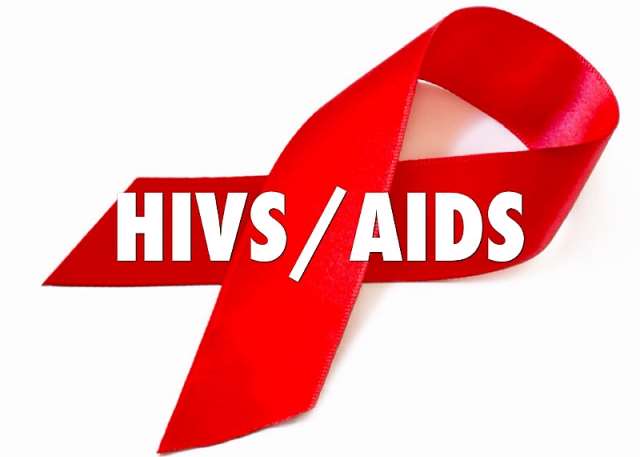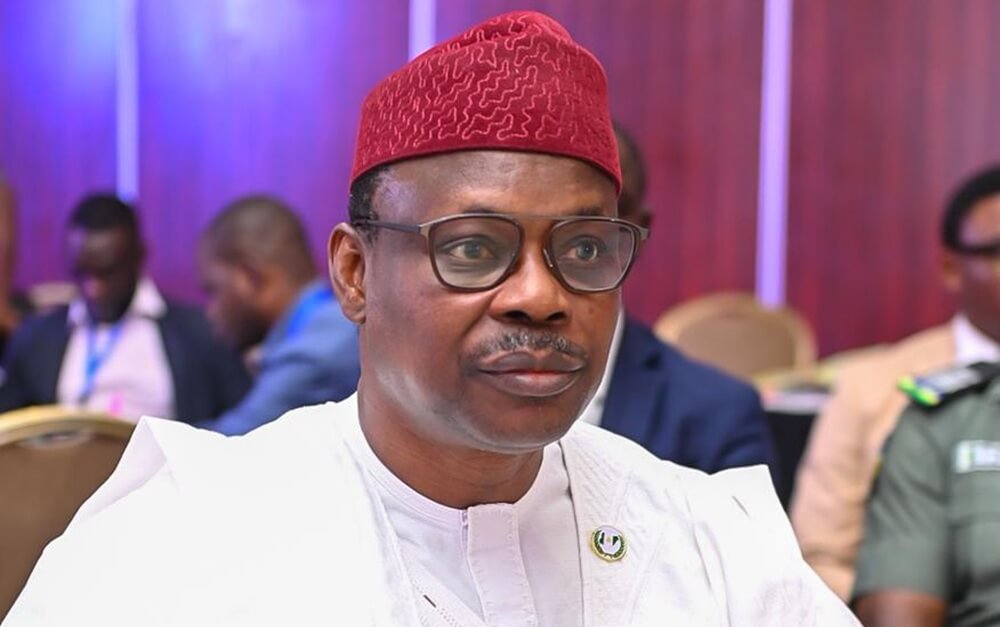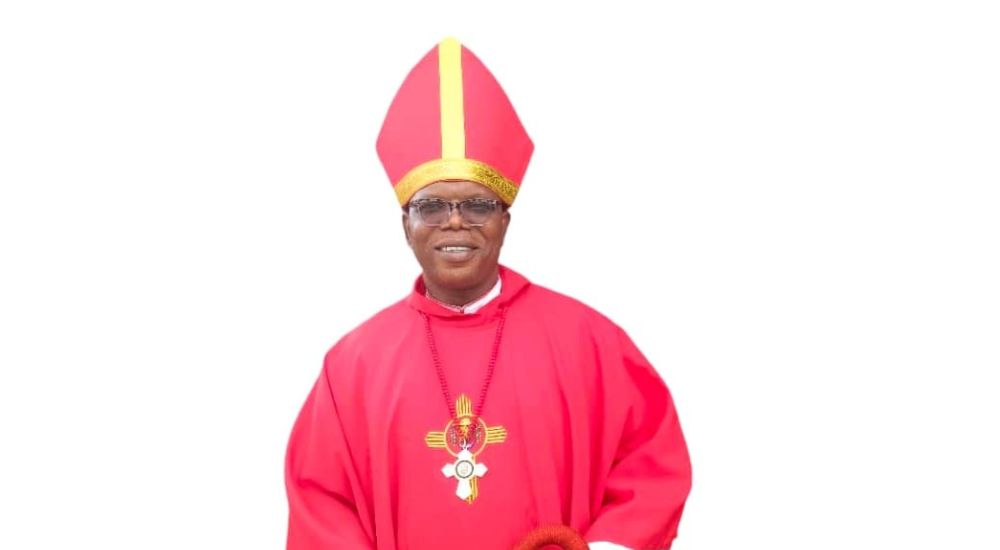Nigeria receives first malaria vaccines in historic milestone
The first-ever malaria vaccines have been delivered to the Government of Nigeria, marking a historic milestone in public health efforts.
The initiative was made possible through the collaboration of Gavi, the Vaccine Alliance, UNICEF, and the World Health Organization (WHO).
As Africa’s most populous nation, Nigeria bears the brunt of the global malaria burden, accounting for approximately 27% of the total cases and 31% of malaria-related deaths worldwide.
According to the 2023 World Malaria Report, nearly 200,000 malaria-related fatalities were reported in Nigeria, with children under five and pregnant women being the most affected demographics.
The national malaria prevalence rate among children aged 6 to 59 months stood at 22% in 2021, with some states, like Kebbi, experiencing alarmingly high rates of up to 49%.
The Federal Ministry of Health in Nigeria has spearheaded various malaria control initiatives, including the distribution of Long-Lasting Insecticide-Treated Nets (LLINs) and Seasonal Malaria Chemoprevention (SMC).
The introduction of the malaria vaccine serves as a vital addition to the efforts, offering a new avenue to reduce morbidity and mortality associated with the disease.
Professor Muhammad Ali Pate, Coordinating Minister of Health and Social Welfare, said: “This monumental step in our national efforts will greatly contribute to reducing malaria morbidity and mortality. With the support of UNICEF, Gavi, and WHO, we are making progress toward a malaria-free Nigeria.”
The malaria vaccine, requiring a total of four doses, will be integrated into Nigeria’s Routine Immunization schedule, targeting children under one year of age.
The first phase of the rollout is scheduled to commence in Kebbi and Bayelsa States in November 2024, with over 800,000 doses earmarked for distribution in these states, which are notably burdened by malaria.
The procurement and distribution of the vaccines have seen vital contributions from UNICEF and Gavi. Gavi is supporting the costs associated with vaccines, transport, and administration, while UNICEF oversees procurement and shipment logistics.
Cristian Munduate, UNICEF Representative in Nigeria, stated: “This is a landmark moment in our collective mission to save lives and protect children from preventable diseases like malaria.
“The introduction of this vaccine will be life-changing for millions of Nigerian families, especially in the most affected regions.”
Gavi reiterated the importance of global collaboration in the fight against malaria.
“With malaria remaining one of Nigeria’s deadliest diseases, the rollout of this vaccine, alongside existing interventions, marks a significant step toward a malaria-free future. We are eager to work with the Government of Nigeria, WHO, UNICEF, the Global Fund to Fight AIDS, Tuberculosis and Malaria, civil society, and other partners for a successful rollout,” Tokunbo Oshin, Director of High Impact Countries at Gavi said.
The introduction of the malaria vaccine aligns with Nigeria’s National Malaria Elimination Programme, which aims for a malaria-free future for the country.
By integrating the vaccine with ongoing initiatives like LLIN distribution and SMC, Nigeria is strategically positioned to make substantial progress in lowering malaria transmission and fatalities.
Dr. Walter Mulombo, WHO Representative in Nigeria, expressed confidence in the potential impact of the vaccine.
His words: “We believe that this vaccine, combined with other preventive measures, will significantly reduce the malaria burden in Nigeria and help us approach our goal of a malaria-free Africa.”





